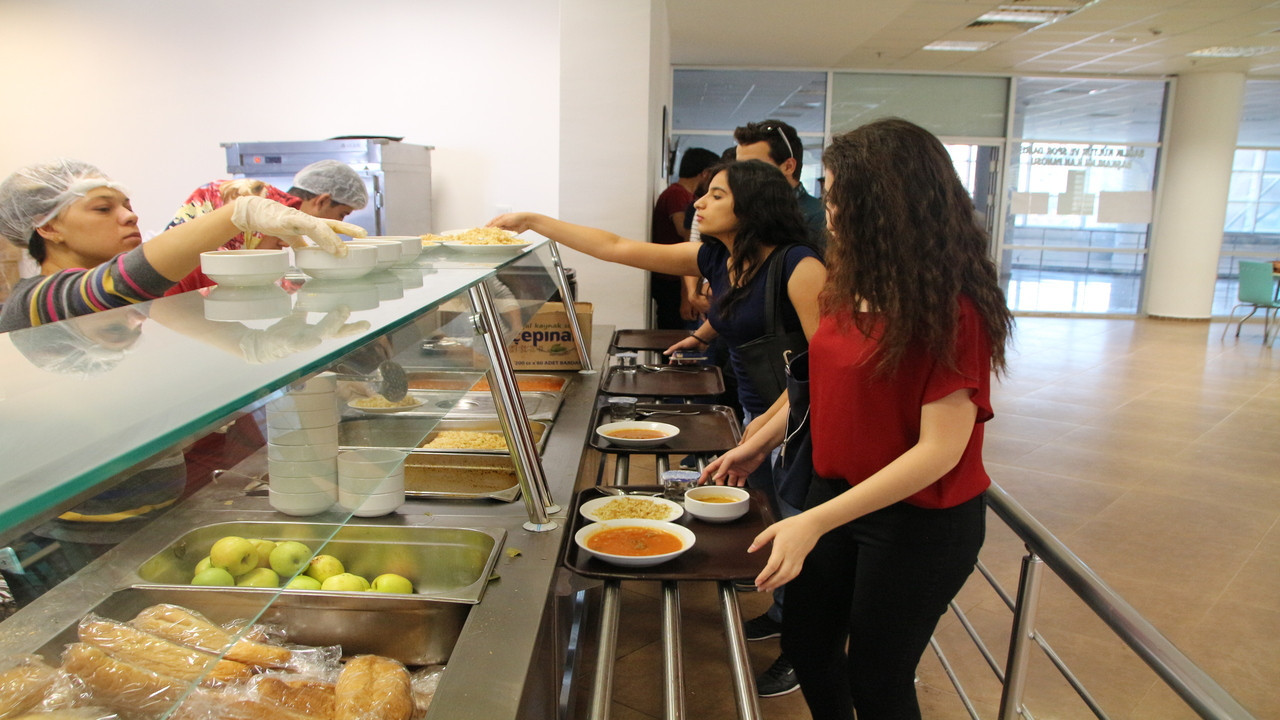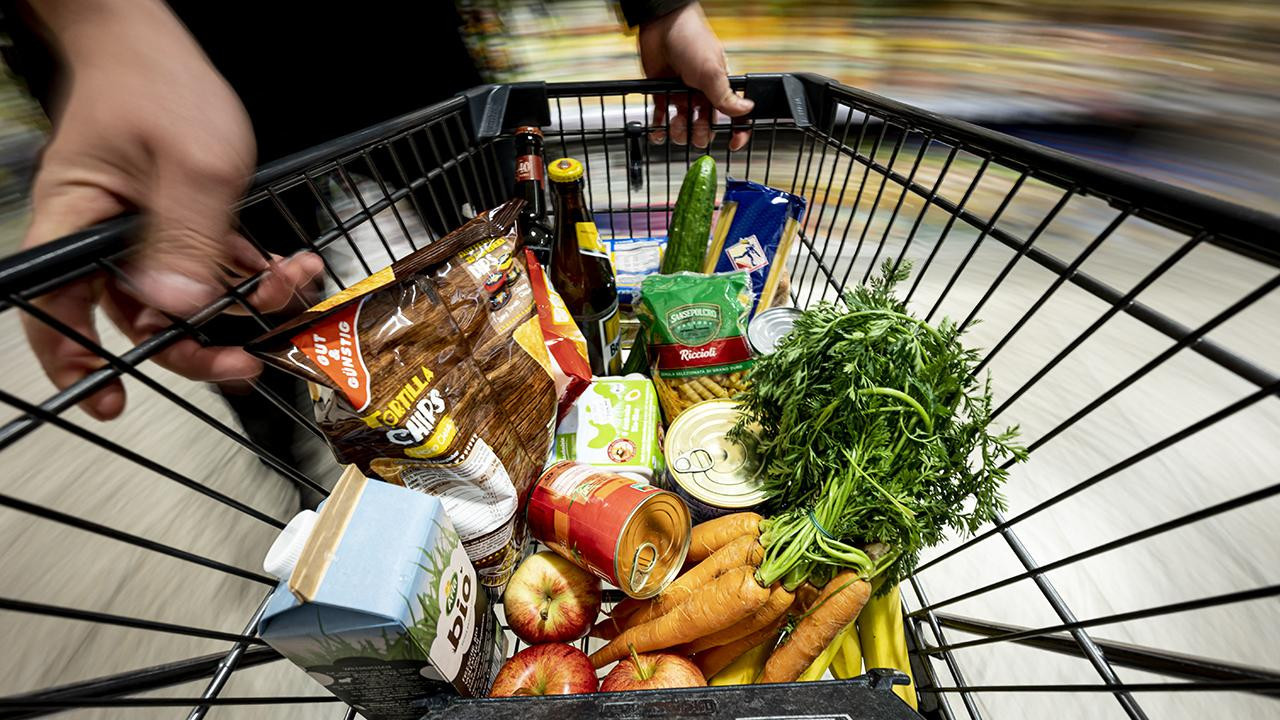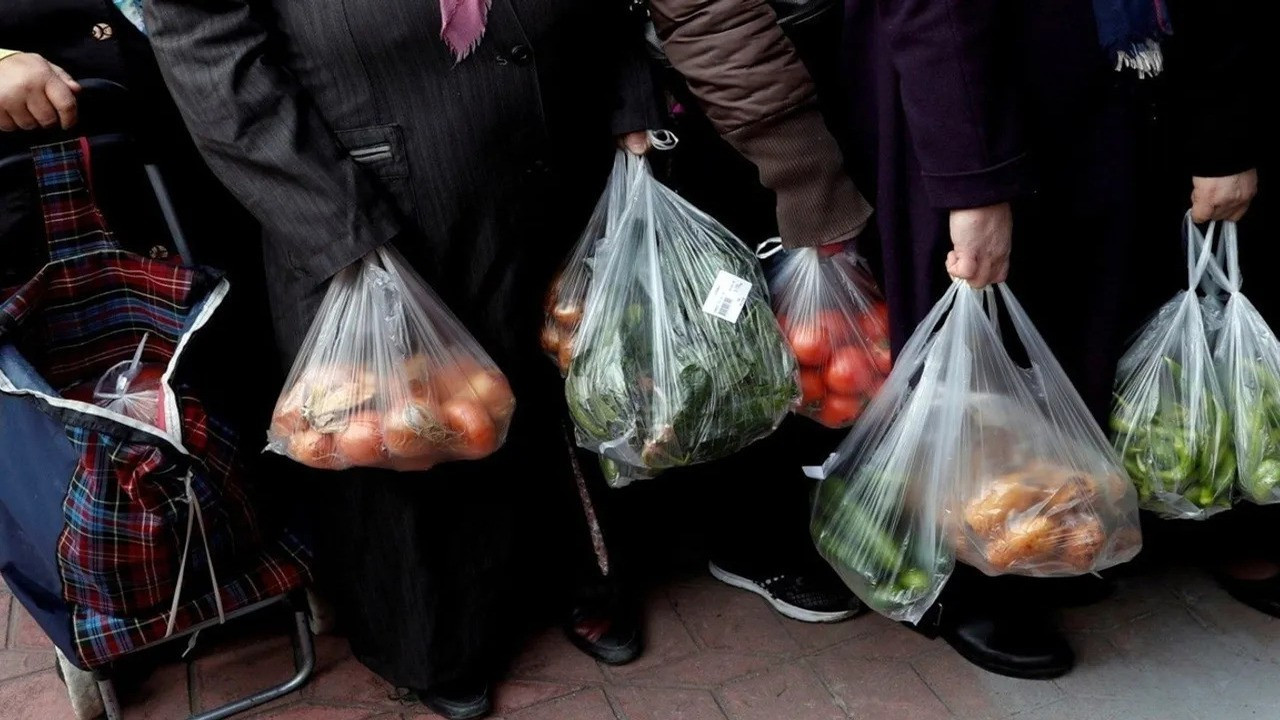Turkey’s state scholarships decline by $100 over past decade due to raging depreciation
While Turkey's state scholarship fees were equivalent to $140 in 2013, they decreased to $46 after a decade as the annual increases could not compensate for the lira depreciation.
Fatih Saygın / Gazete Duvar
When comparing scholarships and loans provided to undergraduate students by the state-owned Student Loans and Dormitories Institution (KYK) to those from a decade ago, students have become four times poorer.
KYK had set the undergraduate scholarship and loan fees for 2023 at 1250 Turkish Lira (TL) which is approximately 45 dollars. In 2013, the 280 TL scholarship provided was equivalent to 140 dollars at that year's exchange rates.
Over the past 10 years, the scholarship fee has fallen to less than one-third in terms of dollars.
When compared to the minimum wage, scholarship and loan fees have also significantly lagged behind.
In 2013, when the minimum wage was 773 TL, it was 2.76 times the scholarship. However, today, with a minimum wage of 11,402 TL, it is 9.12 times the scholarship.
This meltdown has widened the income gap between scholarship recipients and those earning the minimum wage, making students three times poorer than workers.
When comparing the scholarship's purchasing power in 2013 to today, the gap is also evident in essential food items.
In 2013, it covered 800 eggs, but now it only buys 312 eggs. Purchasing power of sunflower oil dropped from 48 liters to 20 liters, cubed beef from 12 kilograms to 3.25 kilograms, potatoes from 140 kilograms to 68 kilograms and tomatoes from 140 kilograms to 56 kilograms.
With the start of the new academic year in early October, many public university cafeterias have also increased their food prices. Among these, there are also those who increased their dining hall fees by 200 percent.
According to a report prepared by the main opposition Republican People's Party, (CHP) the average monthly food cost for a public university student who relies on school cafeteria meals three times a day is 1,275 Turkish liras, 25 liras more than the scholarship. Some 60% of students skip meals due to poverty.
Over the past decade, the cost of fuel has surged, exceeding 40 liras in 2023, a nine-fold increase from the 4.35 liras in 2013. Transport prices have followed a similar trajectory, escalating in line with regional variations. Consequently, transportation expenses have become a significant financial burden for students, further straining their budgets.
Starting from January 2023, there have been increments in the minimum wage and civil servant salaries, but scholarship amounts have remained stagnant. Simultaneously, tax hikes have further eroded the purchasing power of students, compounding their financial challenges.
The government-run Turkish Statistical Institute (TÜİK) reported the annual inflation rate as 61.5 in September, the highest figure for 2023, whereas the independent inflation group ENAG put the figure at 130 percent.
In September, the highest monthly increase was university education fees with an increase of 127.72 per cent.
(English version by Can Bodrumlu)

 Some 60 pct of Turkish youth skipping meals due to poverty, CHP’s report revealsEconomy
Some 60 pct of Turkish youth skipping meals due to poverty, CHP’s report revealsEconomy Gov't-run TÜİK reports highest annual inflation in September, still 70 points less than independent academic group ENAGEconomy
Gov't-run TÜİK reports highest annual inflation in September, still 70 points less than independent academic group ENAGEconomy Turkey's minimum wage falls $70 short of hunger threshold in SeptemberEconomy
Turkey's minimum wage falls $70 short of hunger threshold in SeptemberEconomy